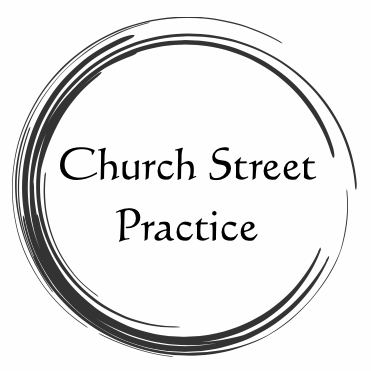Foot Pain - Understanding plantar Fasciopathy (Plantar Fasciitis)
If you get pain in your heel or the arch of your foot you may have Plantar Fasicopathy (used to be known as Plantar Fasciitis). It is extremely common (and painful) and affects people of all ages and of various activity levels.
Symptoms include:
Pain in the heel of the foot especially worse in the morning or after resting.
Pain whilst walking or standing.
Stiffness of the foot.
Causes:
Overuse or repetitive stress on the foot.
Excess body weight.
Poor foot mechanics or lack of arch support.
Certain activities, sports or the wrong combination of exercise.
Altered spinal, pelvic or upper body mechanics, causing too much strain on the weight bearing foot.
Previous injury (foot, ankle, knee, hip or pelvis), which has caused a change to the gait.
As with all changes to body mechanics, function and gait, the root cause may be some time in the past, often months to years.
Diagnosis:
It is relatively simple for our osteopaths or soft tissue therapist to diagnose Plantar Fasciopathy by examining the foot; occasionally, we might recommend an ultrasound to formally diagnose, especially in more severe cases - this helps to get an idea of prognosis, how to manage the condition and length of time for healing, etc.
Treatment:
Rest, ice and stretching exercises.
Advice on the right kind of footwear and perhaps a referral for orthotics.
Physical therapy with from one of our osteopaths, sports massage or soft tissue therapist.
Your GP might advise on pain medication or even steroid injections in more severe cases.
Shockwave therapy occasionally.
Whatever the treatment, it is very important to understand why the pain has started - quick fixes of pain relief will not sort out any underlying biomechanical or soft tissue quality problems and the problem is just likely to reoccur or resurface elsewhere if not properly resolved.
Getting a plan together:
With professional help, you can self care and prevent further injury through:
Stretching exercises.
Maintaining a healthy weight.
Choosing the right kind go footwear.
Avoiding activities which might be worsening symptoms.
If you are experiencing persistent or worsening pain,, have difficulty walking or your symptoms are having a significant impact on your daily life then you should ask for help.
All our therapists are happy to offer a free 15 minute “chat” to discuss any of this and for you to decide if treatment is suitable. Foot pain can also be a sign of other problems too and our osteopaths are trained to recognise this and refer you as appropriate, if necessary.
